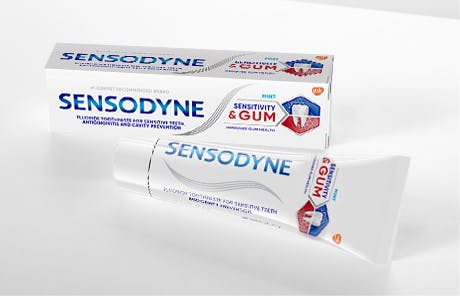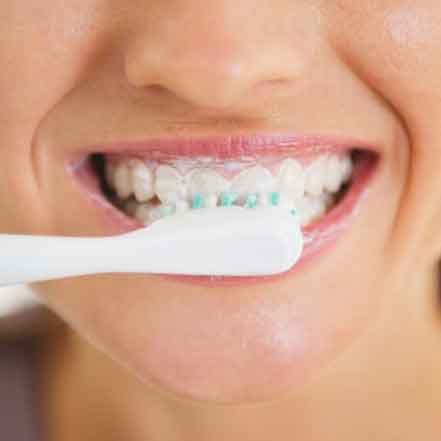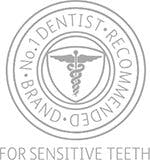Do You Have to Get Your Wisdom Teeth Removed?

If you have a wisdom tooth coming in, you may notice jaw pain or tenderness, or redness and swelling in your gums behind your last molars.2 It might be time for a dental consultation for wisdom teeth removal.1 Before you move forward with your surgery, learn more about wisdom teeth and why you may need to get them removed.
Why Do We Have Wisdom Teeth?
Wisdom teeth are the last set of adult teeth to grow in, located in the back of your mouth.2 Before modern food preparation and eating utensils, our ancestors’ diets made wisdom teeth necessary, using them to grind and digest food properly.2 However, as our diets changed, we did, too: we evolved, and our jaws became smaller.2 Many people no longer have enough room in their mouth for wisdom teeth to erupt in their proper positions, leading to impacted teeth.2 Impacted wisdom teeth often may cause health issues, such as infection, cavities, gum disease and other oral issues.2
Do You Have to Get Your Wisdom Teeth Removed?
Wisdom teeth do not always have to come out.1 Wisdom teeth that are healthy, fully grown and in the right place, able to bite down without pain and can be cleaned daily do not require removal.1 However, you should be cognizant of some problems that may arise and necessitate wisdom teeth extraction. These issues include:1
- Fully hidden wisdom teeth: Wisdom teeth trapped in the jaw, or impacted wisdom teeth, can lead to an infection or cause a cyst that may damage other teeth roots or bone support.1
- Partially grown through gums: The back of the mouth can be hard to see and create a pathway for bacteria to reach your gums.1 This can lead to gum disease and infection.1 Partially impacted wisdom teeth are also at risk of cavities, which cannot receive fillings and must be removed.1
- Teeth crowding: Wisdom teeth that don’t have room to grow in properly may crowd and damage nearby teeth.1
Dentists may recommend removing wisdom teeth if they don’t fully grow in, especially for young adults.1 Removal at 15-22 years old is safer and requires less recovery time than removal later in life.1 At this age, the roots of the wisdom teeth aren’t fully formed, and jaw bones are less dense.1 So, if you are a young adult, it’s advisable for your teeth to be pulled to prevent future complications.1
How Long Does it Take for Wisdom Teeth to Heal?
Following the removal, it will take you about one to two weeks to recover on average.4 Your surgeon will also give you instructions to help manage bleeding, swelling and pain.4 Make sure you follow your surgeon’s post-operative recommendations to keep you comfortable as you heal.4
What Foods Should You Eat After Wisdom Teeth Removal?
Before the surgeon begins the procedure, you should understand eating guidelines shared with you.4 For the first three to five days, you may be advised stick to a soft food diet. Some of these foods may include:4
- Yogurt
- Pudding
- Smoothies
- Soups
- Macaroni and cheese
- Scrambled eggs
Once your comfort level improves, you can add more solid foods.4
When consuming liquids, make sure to use a spoon instead of a straw.4 The suction from using a straw can dislodge blood clots and cause dry sockets.4 If you still have your wisdom teeth, make sure to brush your teeth two to three times a day.2 It can be difficult to reach the back surfaces of your wisdom teeth, so take your time to clean thoroughly.2
To clean hard-to-reach places and care for sensitive teeth, try the Sensitivity & Gum Soft Toothbrush. This brush offers seven benefits for people with sensitive teeth*, including 2.5x pressure control for a better clean with less pressure.* Incorporate Sensodyne into your daily oral care routine to provide gentle care for sensitive teeth and gums.
*vs standard neck in laboratory testing
Source Citations:
- Wisdom Teeth Removal: When is it Necessary? Mayo Clinic. https://www.mayoclinic.org/diseases-conditions/wisdom-teeth/expert-answers/wisdom-teeth-removal/faq-20058558. Accessed 6/7/2024.
- Wisdom Teeth. Cleveland Clinic. https://my.clevelandclinic.org/health/body/23223-wisdom-teeth. Accessed 6/7/2024.
- Periodontal (Gum) Disease. National Institute of Dental and Craniofacial Research. https://www.health.harvard.edu/staying-healthy/the-best-foods-for-vitamins-and-minerals. Accessed 6/7/2024.
- Wisdom Teeth Removal. Cleveland Clinic. hhttps://my.clevelandclinic.org/health/treatments/22119-wisdom-teeth-removal. Accessed 6/7/2024.
- Wisdom Teeth. MouthHealthy. ADA. https://www.mouthhealthy.org/all-topics-a-z/wisdom-teeth. Accessed 8/6/24.













